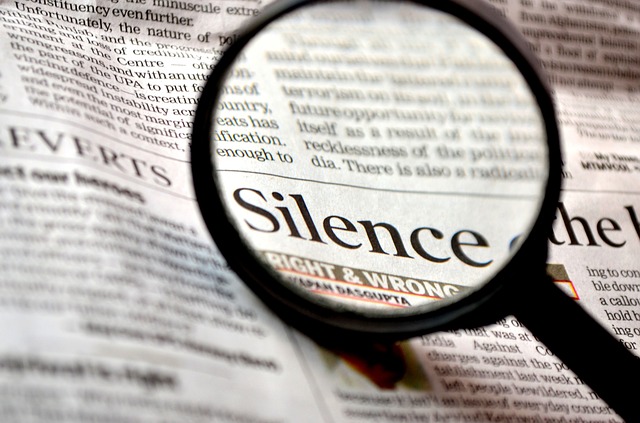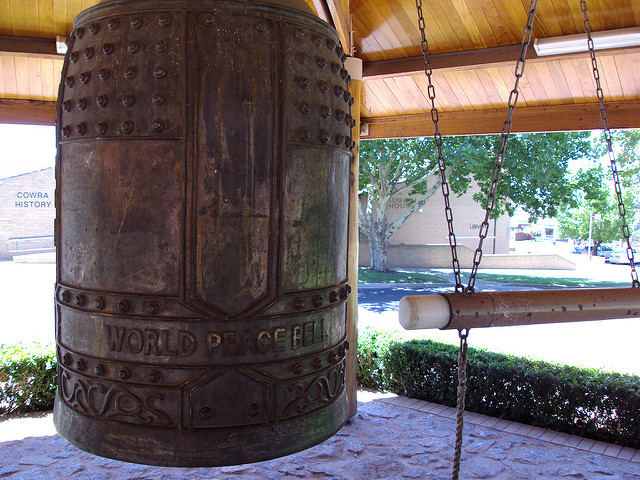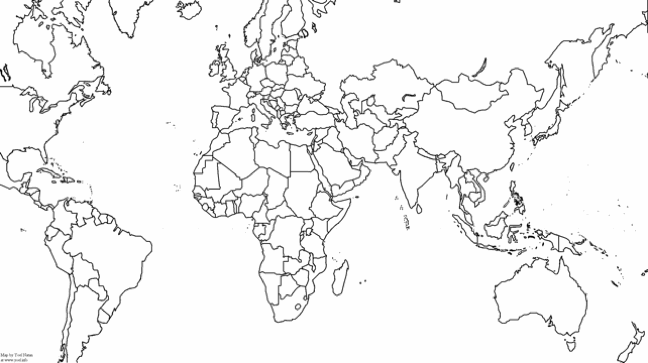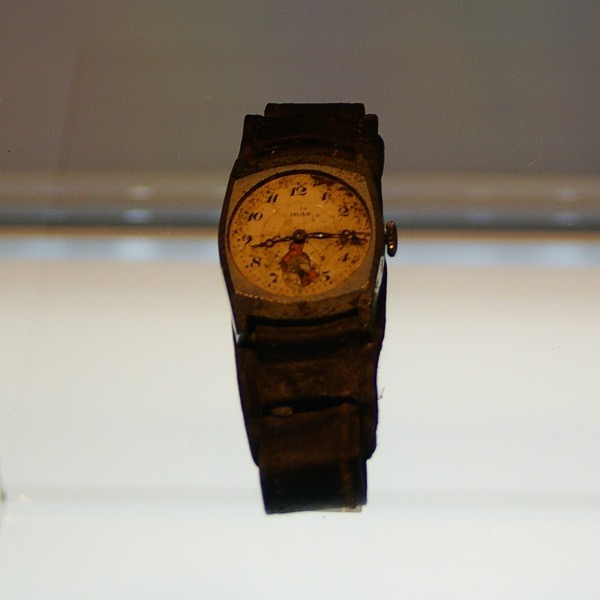
Silence

Silence. One day I visited a bookstore. It’s one of those clinging to survival in an increasingly post-book world. Aimed at a “discerning” audience it carries a rich diversity of titles – fiction and non-fiction on virtually every topic. It is particularly well stocked with historical works – Europe, America, Australia, Germany, Britain, France and others. Plenty to choose from. But that day I was looking for Italian history. I was looking for my history, for “Italy”. I found the Italian history section. It consisted of two books. One was a book on Simon Bolivar, the great liberator of South America, misclassified as “Italian”. The second was a book on the mafia. Here was all we had to say about Italian history. Tens of millions of lives and complex stories reduced to ignorance and tired stereotype.
There are many residents of Italian background in my city. Indeed many more than residents of French or German background, for instance. Yet Italian history is a topic of disinterest. Here was a profound silence. A community of silence. Here was my own silence. What is this thing called “Italian”? I had never really troubled to ask. Content to let others define what it meant. Tolkien was always far more engaging that tomato sauce. An internal silence of the mind.
Our stereotypes are pervasive. One night there was a TV program – an Italian language teledrama on the Sicilian mafia. Safe fare for a mass market comforted by reinforcement of over simplified models of the world. Someone walked past: “that mafia guy looks like you”. “That guy’s the cop! He’s the good guy.”, I replied. Human features – now firmly fixed symbols of human character. MLK inverted. We know content of character by colour of skin. We need not enquire further.
As I began to open long closed doors, I found an unknown world. Before the year 1000 in the parts of the Italian peninsula from which I came, Lombard kingdoms competed with each other and the commercial cities of Napoli and Amalfi. These cities traded out into the new realms of the Islamic world. They were centres of cultural exchange. The Roman Empire (in the form of Byzantium), was, off an on, still in business further south in the peninsula. Arab and Berber mercenaries were introduced into this world by local rulers as tools to be used in their internecine conflicts. In time they established a short lived Emirate in the city of Bari. Slavery was widespread. Feudalism was beginning to be defined. Here was a fascinating lost world. A world of might have beens that never became. A world lost in silence. A world threatening the known. A world questioning what is to remain forgotten. Here was a world evoking unspoken taboos.
Italy. Like many similar stories in our modern world – the creation of the country was the project of political philosophers and the politically ruthless. People prepared to wade to their visions through seas of blood. It had never existed as a “nation”. The inhabitants of the peninsula spoke different languages and knew different histories. Country – “paese” – meant one’s city. As one of the architects of Italy quipped: “We have made Italy. Now we must make Italians.” Left unsaid, was what would need to be unmade. Here was another kind of silence. My forebears did not live in the country of Italy. They lived in a lost world called the Kingdom of the Two Sicilies. In that lost world, Naples flourished as one of the greatest cities of Europe – a cultural and political capital. The unification of Italy was as much colonisation as unification — a history of brutal oppression politely overwritten. More silence. More over simplifications of a complex reality.
My forebears spoke a vernacular now referred to as a “dialect” of Italian. It is a language I understand – a language of profound emotion and intimacy – the language of mother and infant – of friends – of rage and love. Another stereotype: Italian – the language of love. Yet by comparison with this intimate mother tongue, the formalised and distant rigidity of “official” Italian is impoverished. The dialect is in the process of dying in service to national imperatives. Eventually, too, likely to be followed by silence.






